Opening Doors for Millions: Illinois Becomes the 13th Clean Slate State

In a landmark move for justice reform and economic opportunity, Illinois lawmakers have passed the Clean Slate Act (HB 1836), a transformative piece of legislation that could change the lives of millions across the state. The bill, which passed during a special Veto Session on October 30, 2025, will automate the process of sealing eligible arrest and conviction records — removing the red tape that has long stood in the way of second chances.
For years, people in Illinois with arrest and conviction records have been forced to navigate a costly, complicated petition-based system to have their records sealed. As a result, fewer than 6,000 individuals have successfully done so each year, despite more than 2.2 million Illinoisans being eligible.
HB 1836 will flip that script.
Once signed into law, the state will take on the responsibility of initiating record sealing for eligible individuals who have remained crime-free for a specified period. This means that 1.74 million people with eligible records will no longer be shut out of employment, housing, and educational opportunities because of bureaucratic barriers.
A Win for Justice — and the Economy
The economic case for Clean Slate is just as compelling. According to recent research, record sealing is associated with significant increases in wages. With more than a million Illinoisans potentially eligible under the new law, the state stands to reclaim an estimated $4.7 billion in lost wages annually. That’s a win not only for individuals, but for the state’s workforce and economy as a whole.
Years in the Making
The Illinois Clean Slate Act represents years of work by a diverse coalition of advocates, lawmakers, directly impacted individuals, families, and community organizations.
Landmark legislation like this doesn’t happen by accident — or overnight. It’s the result of tireless work and power-building by organizers and lawmakers committed to ensuring people have a fair shot at creating a better future. The Clean Slate Illinois coalition built a groundswell of support: from direct outreach, media, and digital engagement, the momentum grew exponentially. By the time the bill came up for its first hearing during the Veto Session, more than 1,000 people had submitted a witness slip in support of HB 1836.
Representative Jehan Gordon-Booth and State Senator Elgie Sims championed the effort in the legislature, with critical support from the Clean Slate Illinois coalition. Leading partners in the coalition include Live Free Illinois, the Illinois Coalition to End Permanent Punishments, the Workers Center for Racial Justice, Impact for Equity, Code for America, and others.
What’s Next
If Governor J.B. Pritzker signs the bill into law, state agencies will have until 2029 to create and test the automation systems before the Clean Slate process officially begins. The bill requires the Illinois State Police to seal an initial batch of eligible records by January 1, 2030. Automated sealing by Circuit Courts is slated to begin by January 1, 2031.
This historic legislation is a major step forward — not only for justice reform in Illinois, but for Clean Slate across the country. And most importantly, it’s a step toward a future where accountability is followed by opportunity for people who have earned their second chance.
To learn more about the Illinois Clean Slate coalition, visit cleanslateillinois.org.
.avif)
.avif)
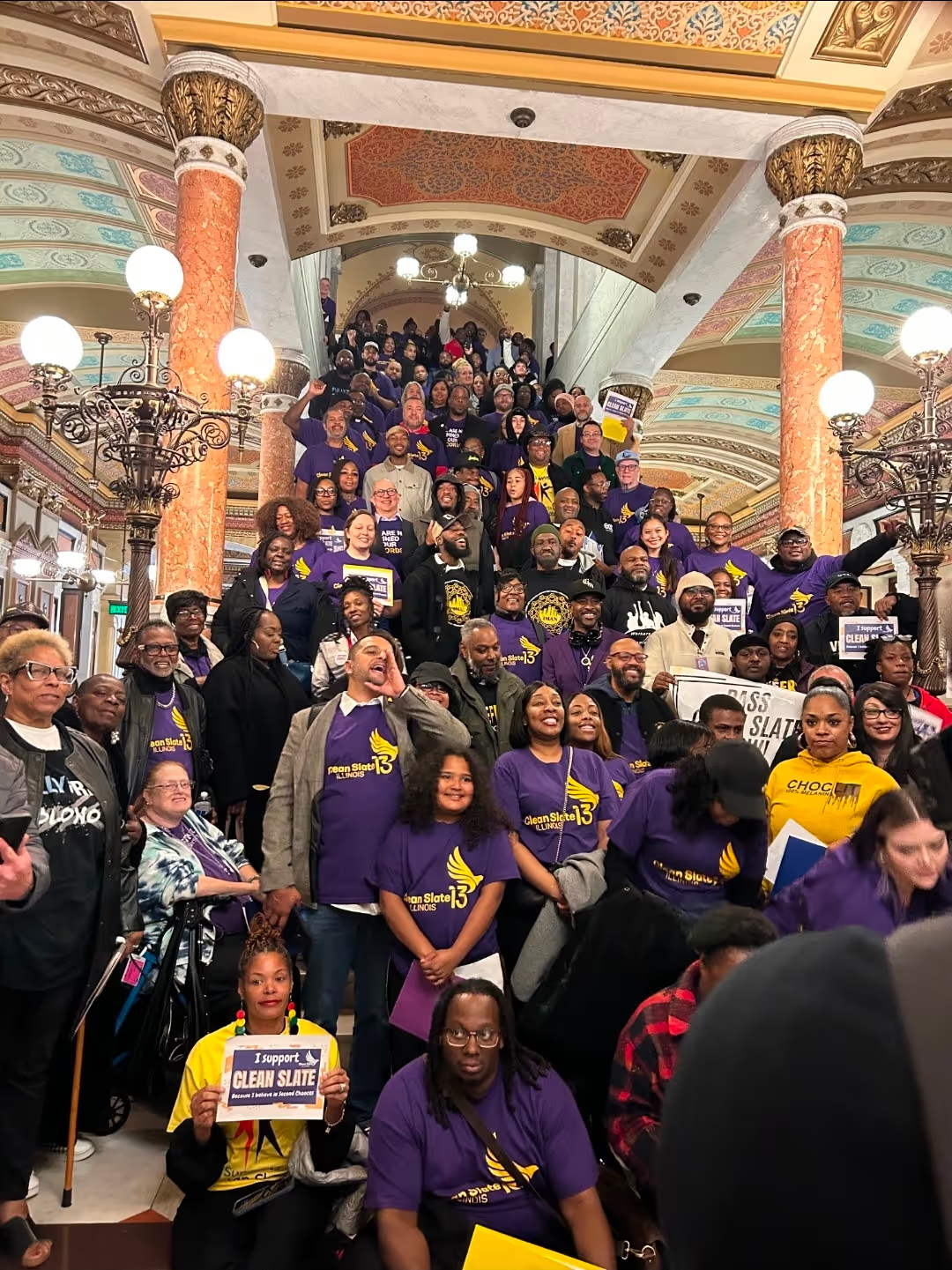
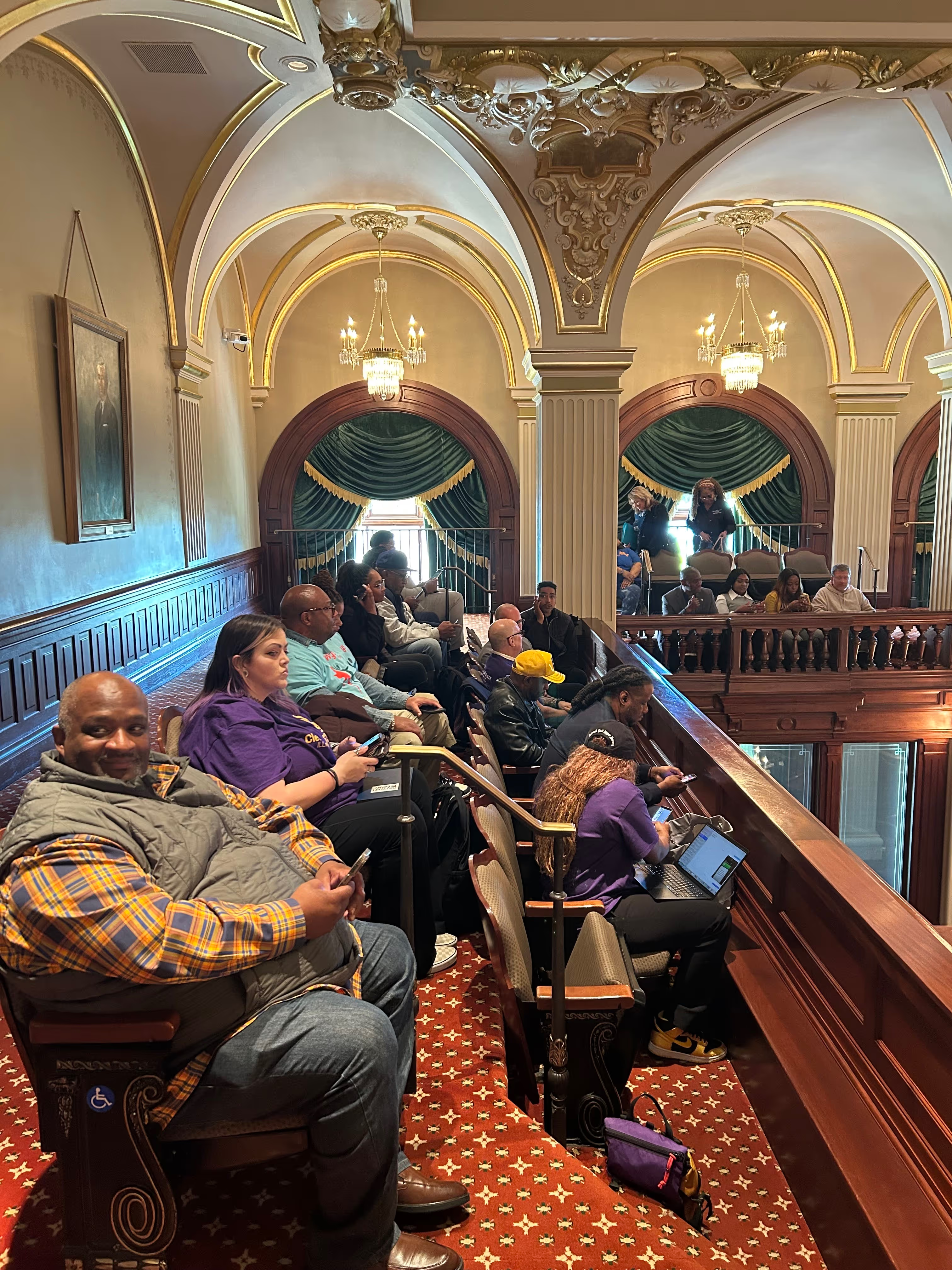
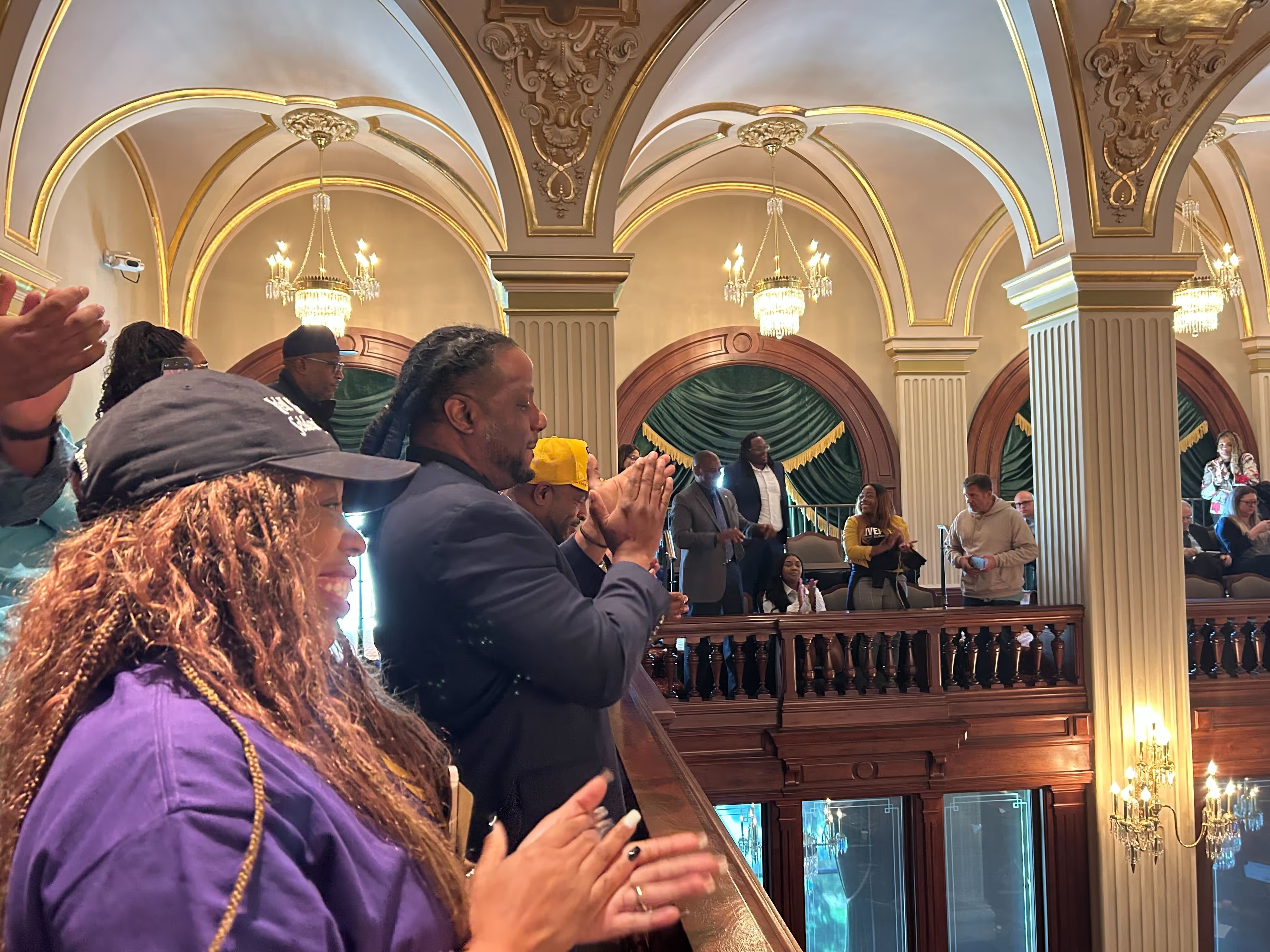
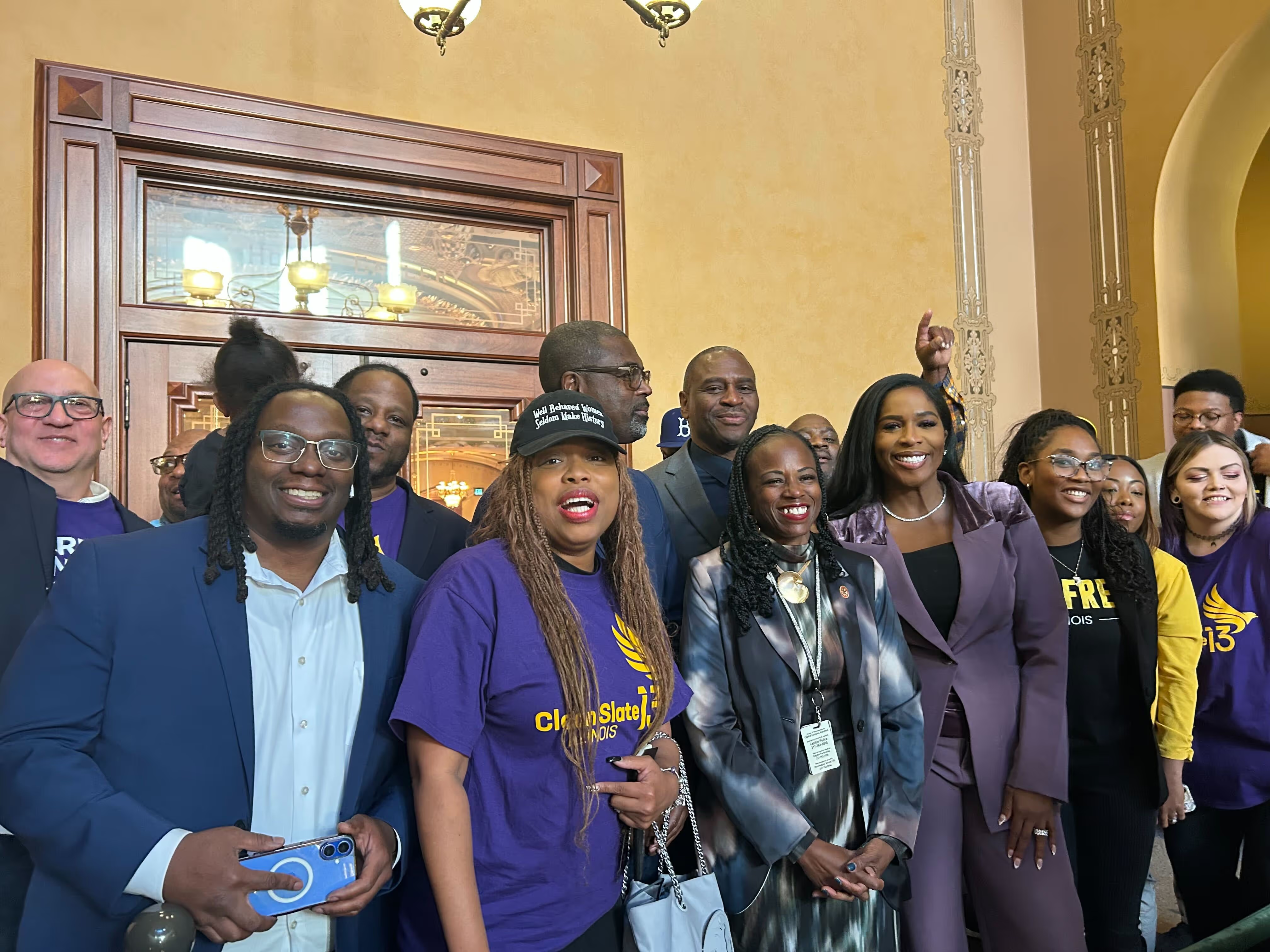
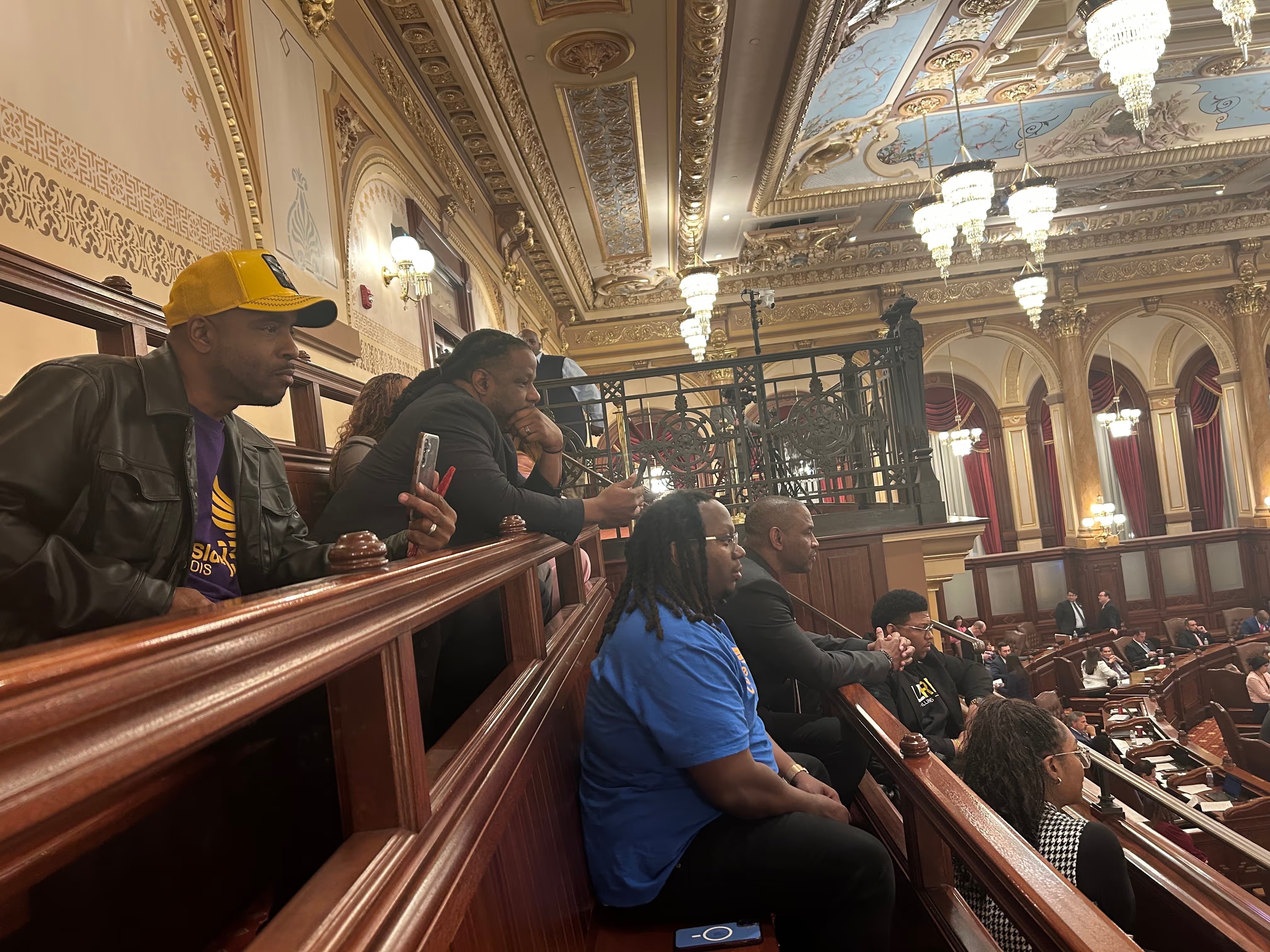
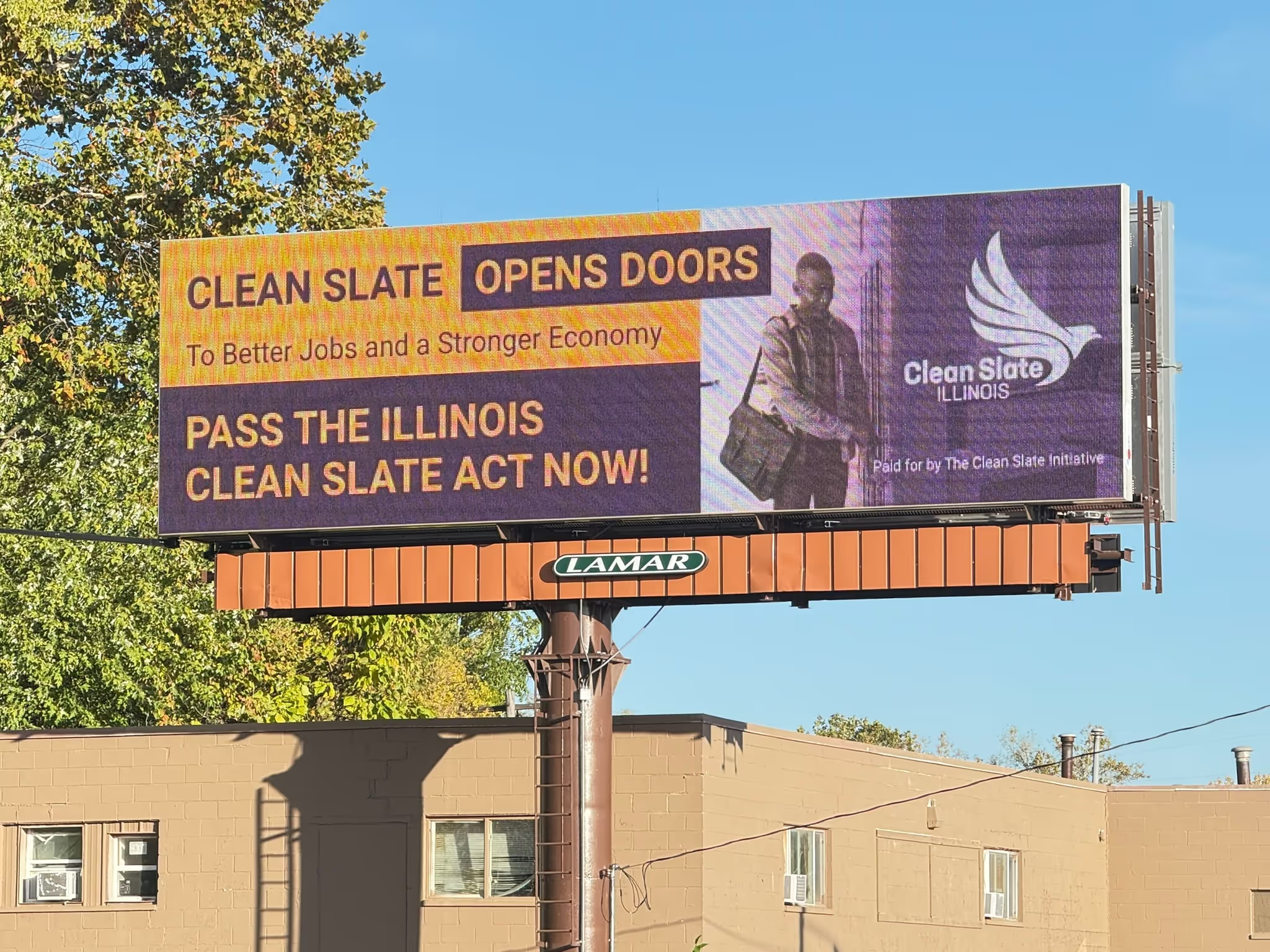
.avif)
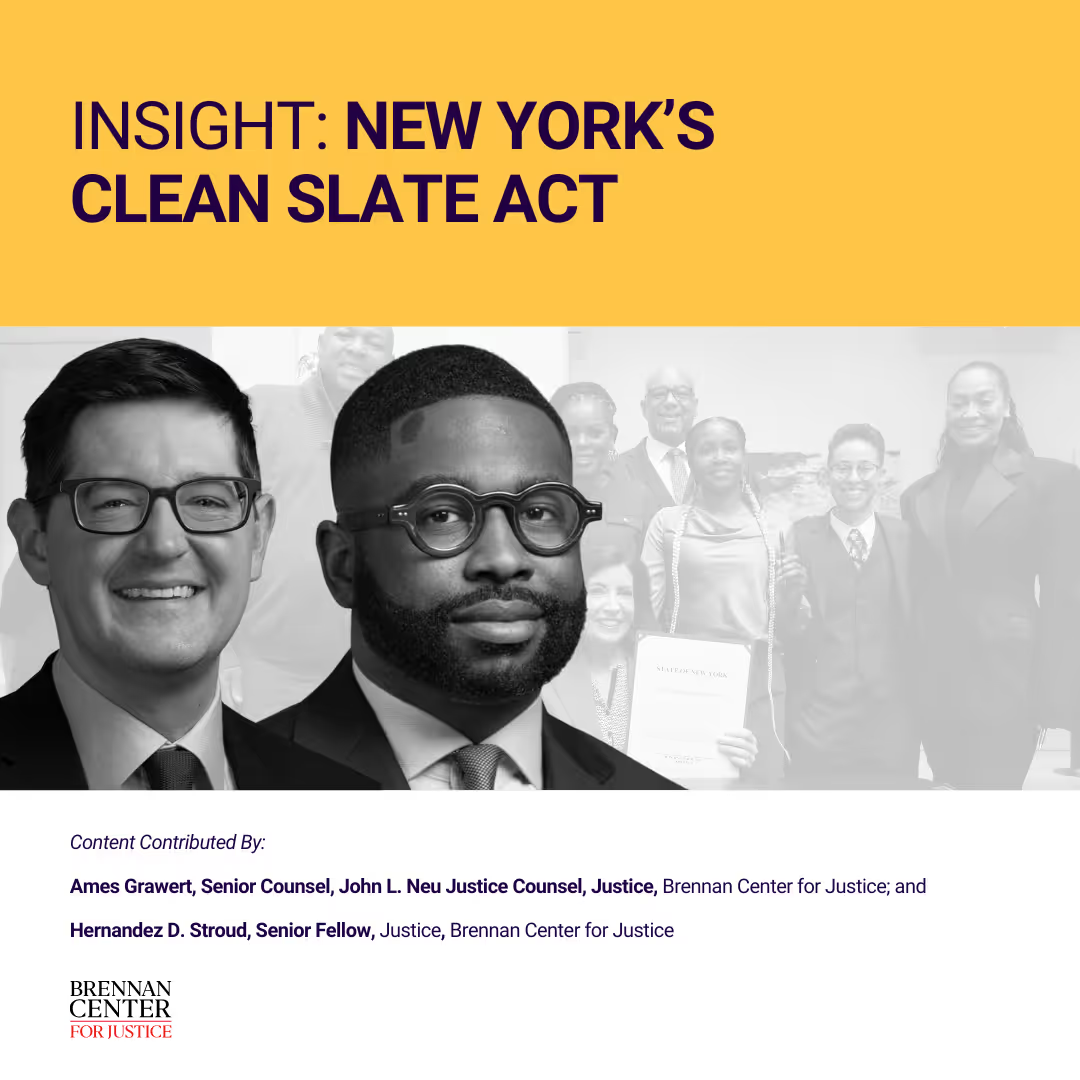
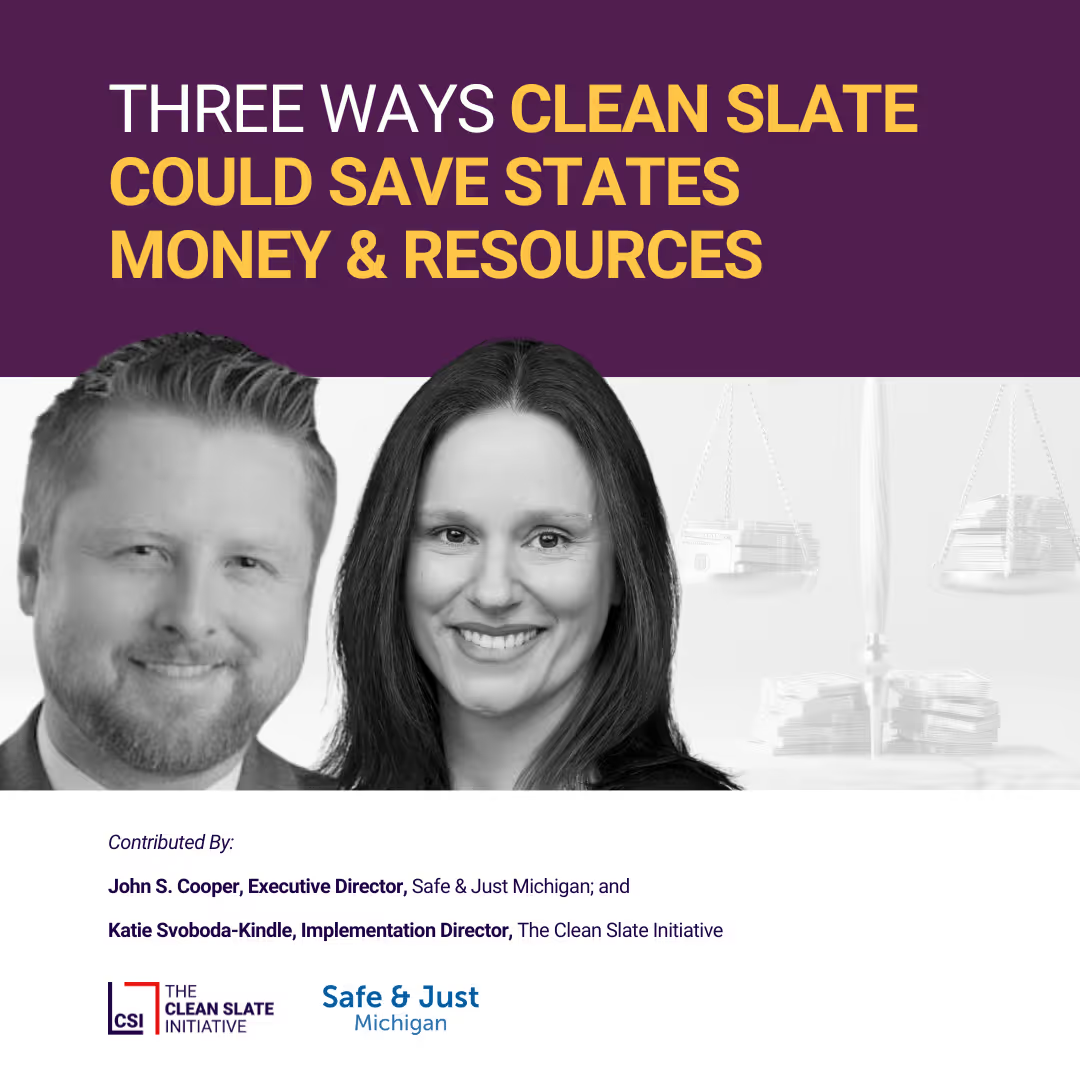
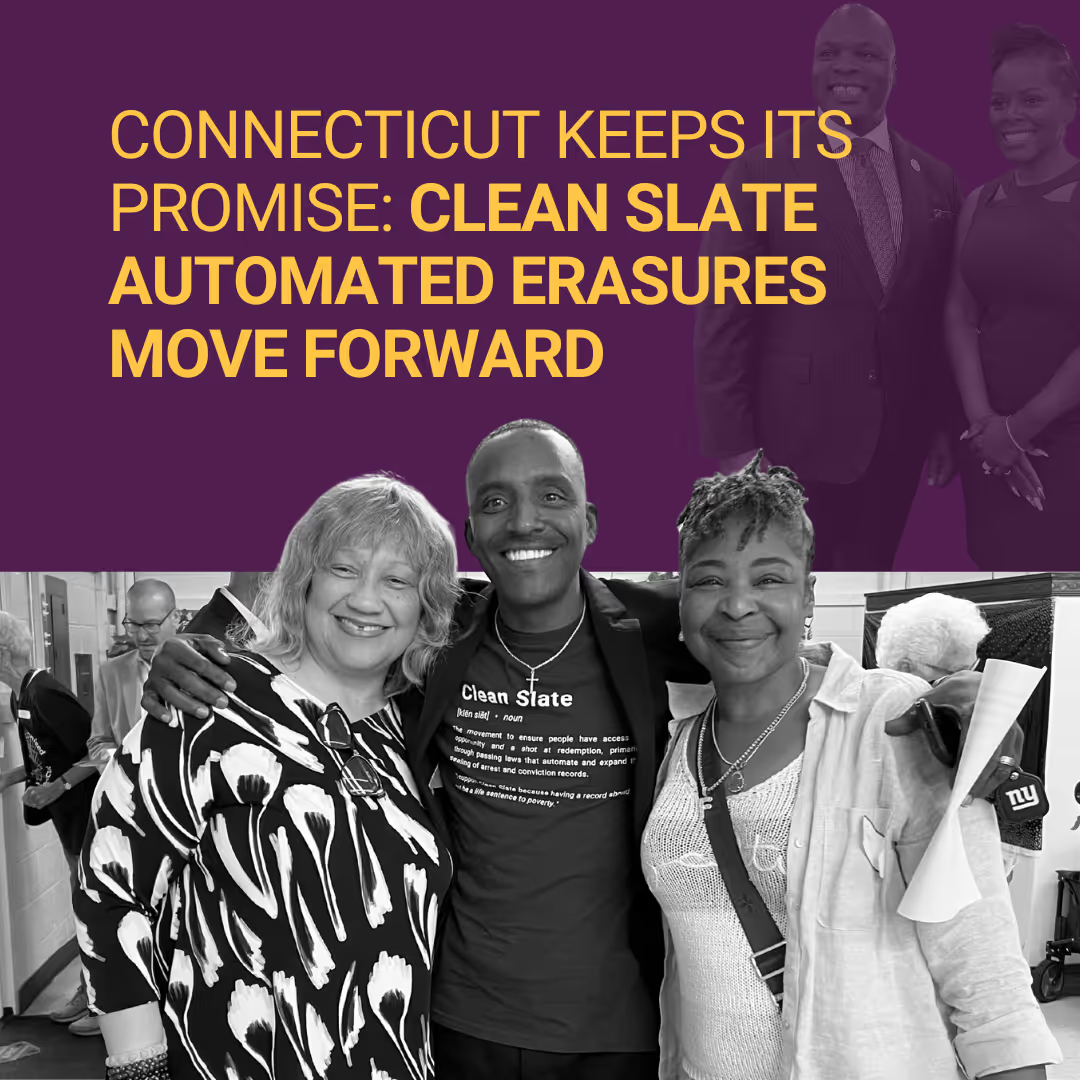
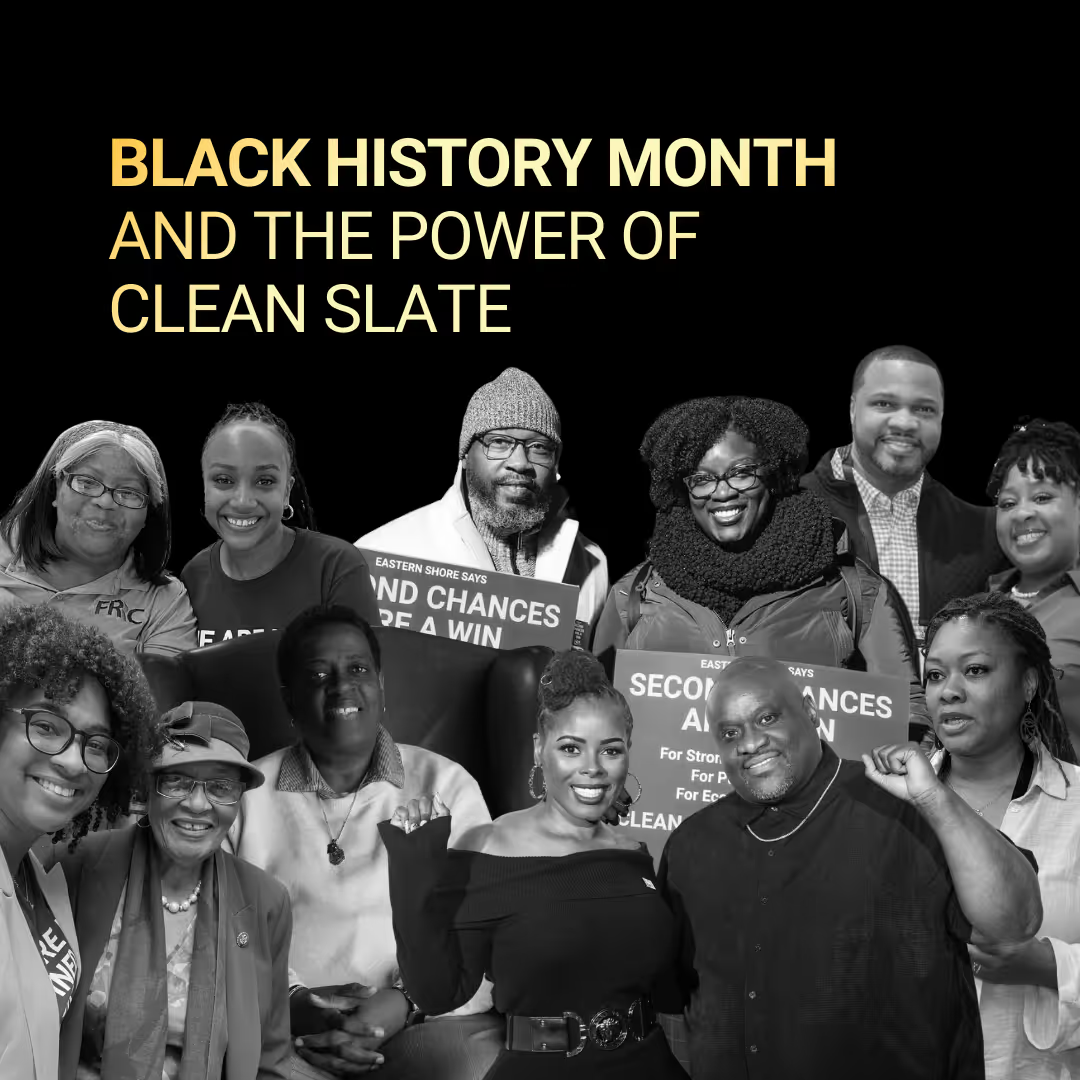
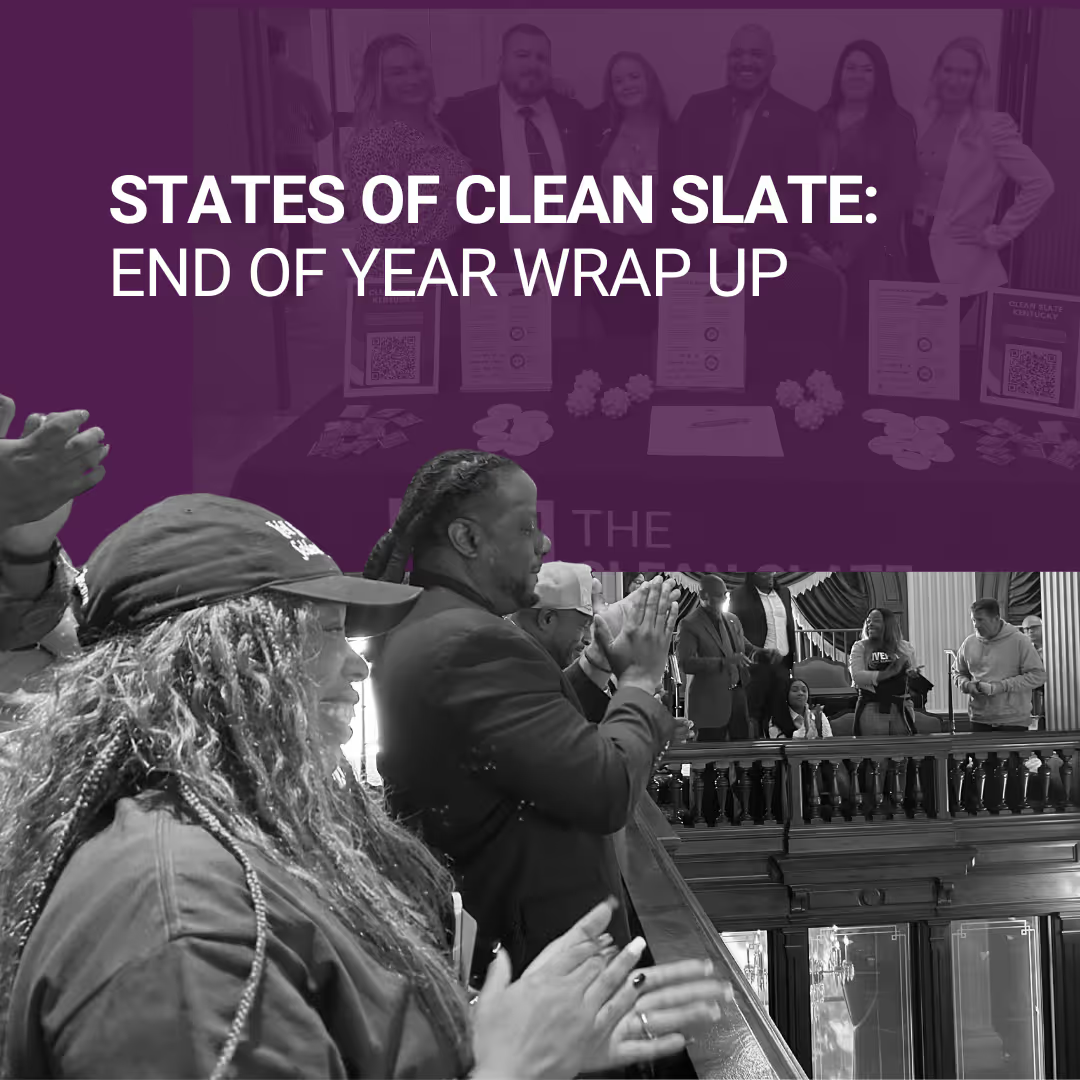
.avif)